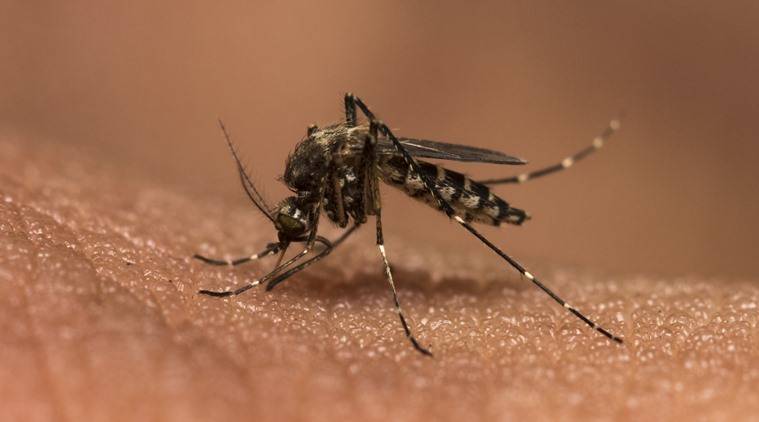Amidst reports that the World Health Organisation has declared that the Chickungunya virus does not exist in Pakistan, the National Institute of Health (NIH), Islamabad has confirmed the presence of the virus in Karachi as three out of five samples taken from patients have tested positive. According to health officials, nearly 3500 patients were affected by the mysterious disease in Saudabad and its adjoining areas in the last few days, prompting fears of an outbreak of a viral disease which has no cure.
Fortunately, Chikungunya is a viral disease that causes fever and severe joint pains but is not fatal. It is transmitted to humans by infected mosquitoes. Other symptoms include muscle pain, headache, nausea, fatigue and rash. The disease shares some clinical signs with dengue, and hence is easy to misdiagnose, but unlike dengue, it is rarely fatal. Although there is no cure for the disease, treatment is focused on relieving the symptoms, and patients do require painkillers.
The problem lay in the slow response from the provincial government to tackle the viral fever outbreak, adding to the miseries of poor patients who were deprived of free medicines or proper medical attention at the Sindh government hospital in Saudabad, the largest public sector hospital in the area. Patients who cannot afford to buy medicines from private pharmacies should have access to medicines free of cost.
Basic precautions, similar to those for dengue should be taken immediately. Insect repellents, insecticide-treated mosquito nets afford good protection, as do mosquito coils or other insecticide vaporisers that may reduce indoor biting.
In 2016, India recorded 55,639 cases of clinically suspected Chikungunya, almost twice the number of cases reported in 2015. Delhi was hit particularly hard with more than 12,000 cases and, for the first time, the city recorded deaths of at least 19 people due to Chikungunya-related complications. Even though the disease is not usually fatal, we must take all necessary precautions to prevent a spillover from across the border.






